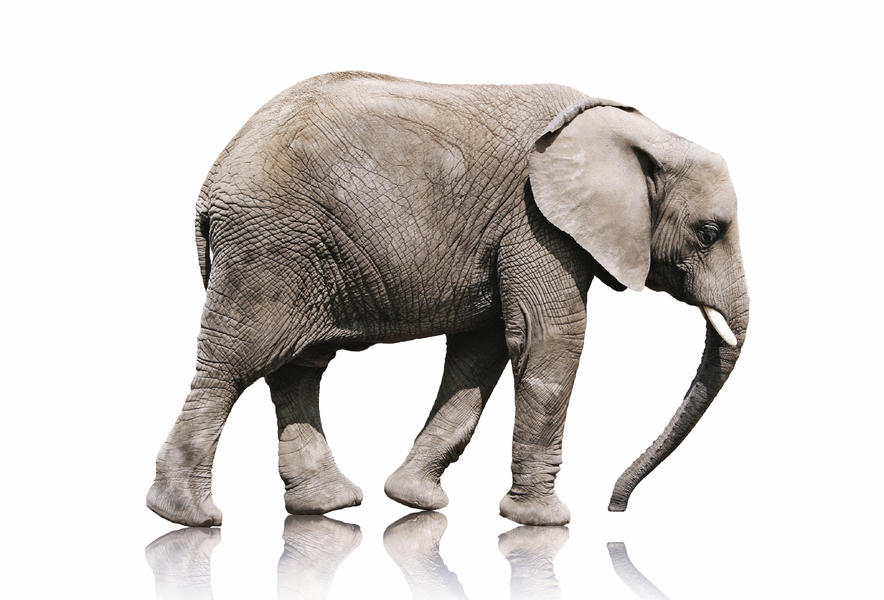Researchers find that most mammals, big and small, need 21 seconds to urinate


A free daily email with the biggest news stories of the day – and the best features from TheWeek.com
You are now subscribed
Your newsletter sign-up was successful
While changing his child's diaper, mechanical engineer David Hu got the idea to study how animals relieve themselves. What he discovered after watching rats, elephants, cats, and more urinate is that most mammals need the same amount of time: 21 seconds.
This discovery will "shed light on the mysterious fluid dynamics of urination," says Amina Khan at the Los Angeles Times. To get the data, Hu and the other researchers went to Zoo Atlanta, where they had to concoct a surefire plan to catch the animals in the act and measure the pee — not easy tasks.
That was only the beginning. After ascertaining the size of different animal bladders and the length and width of their urethras, Hu and his colleagues found that elephants could fill a household garbage can with urine, while some animals peed in tiny beads. All of the mammals, big and small, urinated for around 21 seconds, give or take 13 seconds — a very small amount of time.
The Week
Escape your echo chamber. Get the facts behind the news, plus analysis from multiple perspectives.

Sign up for The Week's Free Newsletters
From our morning news briefing to a weekly Good News Newsletter, get the best of The Week delivered directly to your inbox.
From our morning news briefing to a weekly Good News Newsletter, get the best of The Week delivered directly to your inbox.
The finding was interesting, since not all of the bladders held the same amount of urine — the elephant had an 18-liter bladder, nearly 3,600 times larger than the cat's. They key is the urethra; the longer it is, the faster the flow. Urethras are wider in larger animals, which "basically adds extra lanes to the fast-moving pee freeways," Khan writes. The study, released by the journal Proceedings of the National Academy of Science, will be used in healthcare, and also to assist engineers with creating efficient toilets and above-ground water tanks.
A free daily email with the biggest news stories of the day – and the best features from TheWeek.com
Catherine Garcia has worked as a senior writer at The Week since 2014. Her writing and reporting have appeared in Entertainment Weekly, The New York Times, Wirecutter, NBC News and "The Book of Jezebel," among others. She's a graduate of the University of Redlands and the Columbia University Graduate School of Journalism.
